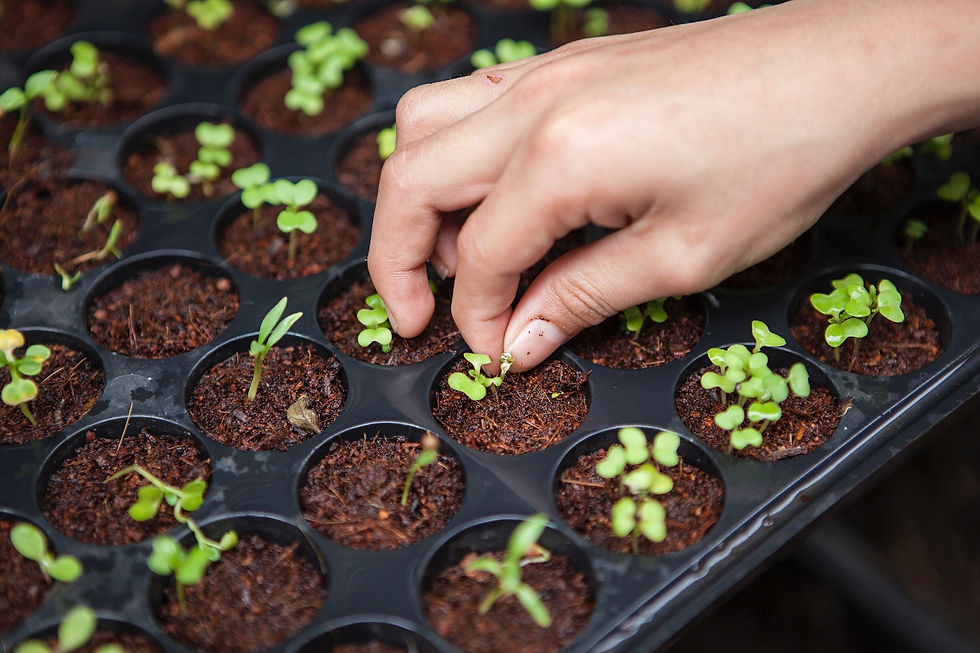Vertical Farming May Be the Solution to Food Security in Land-Scarce Singapore
- Nov 19, 2021
- 2 min read
With food security a huge threat in land-scarce and water-stressed Singapore, there has been constant talks about how urban farming is the sustainable solution for all.

Due to the limited farming land and water, Singapore imports over 90% of its food, according to the Singapore Food Agency. Even what’s being sold at local markets mainly comes from abroad as local farmers are only able to produce a limited amount of food.
As per the Singapore Food Agency, in 2018 local farms were only able to produce 13% of all vegetables, 9% of all fish, and 24% of all eggs. Some of the countries that Singapore imports from are the United States (beef, chicken, milk, pork, vegetables), Brazil (beef, chicken, pork), India (milk, rice, sugar, and vegetables), Australia (beef, cooking, oil, fruits, milk, mutton, pork, sugar, vegetables, fish), China (fish, fruits, vegetables, and cooking oil), and Indonesia (cooking oil, fish, milk, pork, and vegetables).
This poses a challenge for Singapore to ensure that there’s always a steady food supply, another challenge is that the country - along with consumers, are burdened by the food price increases, with little to no choice but to import food supplies.

From insect farms to vertical farms, Singapore’s urban farmers have been actively exploring opportunities in adopting the right technologies to help solve the challenges in a sustainable food supply.
More than limited farming lands and sources of water, Singapore also faces others challenges such as climate change and its growing population. Currently, Singapore’s population is at 5,913,311; while comparatively smaller than its neighbouring countries, it’s important to take note that the country has a land area of only 728.6km².
Hence, vertical farming, while still very new, is something that can greatly benefit a country like Singapore. In a report by CNA, Scottish technology company Intelligent Growth Solutions (IGS) has plans to set up an office in the country early next year, with the company's core products being its vertical farming growth towers.

Given Singapore’s limitations when it comes to land and water, vertical farming is deemed as a better solution as opposed to greenhouses which require more land space and water. According to IGS, their system only makes use of one litre of water to grow a kilo of lettuce while a greenhouse requires 20 litres. Meanwhile, a field needs 250 litres. Aside from making use of less water, IGS’ vertical farming solution is also zero emissions.
While these all sound great, such conveniences also come with a price. IGS’ growth towers are priced at S$4,469,239.50.
While there’s a lot to be gained, the steep price point may prompt smaller players to come up with their own, more affordable urban farming solutions. It’s only a matter of time before Singapore and its local farmers fully embrace these modern solutions and finally have more sustainable solutions for food security.


